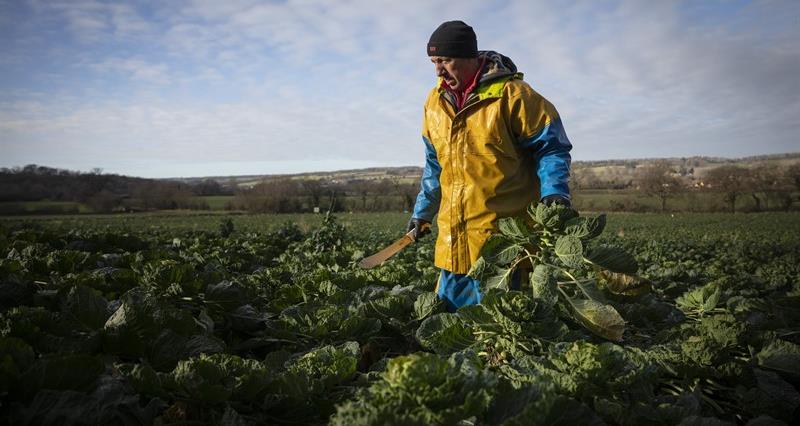Mr Spence said: “If we are able to look after those people properly while they’re here, give them a minimum of 32 hours of work every week, and I am pleased to confirm today that we will pay them at least the national living wage from 1 April, this year,” he continued.
The announcement follows months of extensive NFU lobbying set against a backdrop of major inflationary and input cost pressures for the horticulture sector. NFU Deputy President Tom Bradshaw described the decision as having provided “great relief” to growers, with labour being “one of the highest costs associated with producing fruit and vegetables”.
“Looking after the people that come to work in our horticultural businesses is absolutely crucial and the additional guarantee of a minimum 32 hours per week will help give them confidence to travel to the UK,” he said.
Introduced in April 2022, a 60p per hour wage increase was included as part of the Seasonal Worker Scheme which left growers facing a 13.5% year-on-year wage inflation.
The NFU raised concerns during 2022 around the lack of clarity surrounding the wage increase and the short notice of the changes, giving growers only weeks to adapt during a time when the sector was, and still is, facing unprecedented challenges.
“Growers need confidence to continue producing food for the nation”, Tom said. “We worked with government to provide evidence to demonstrate the impact further wage inflation in 2023 would have on the decline of domestic horticulture production.”
While the NFU welcomes the announcement that the seasonal worker scheme wage will revert to the NWL, Mr Bradshaw warned that there remained a number of aspects of the scheme that could be improved, adding: “growers will at least have some certainty for the year ahead.”



